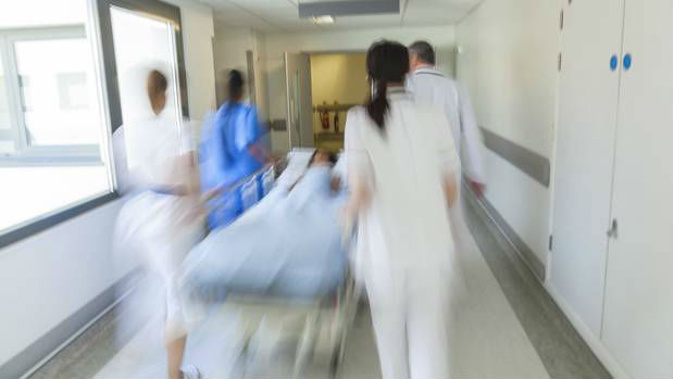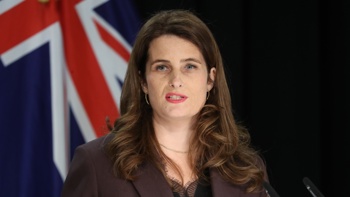
The number of people forced to wait eight hours or more when seeking urgent mental health help at hospital emergency departments increased 23 per cent in less than a year.
A new report by the Australasian College for Emergency Medicine (ACEM) found the proportion of emergency department patients facing mental health issues doubled between December 2017 and October 2018 - from 3.7 per cent to 7.4 per cent.
Of more concern was the 23 per cent increase in the number of those patients with serious mental and behavioural conditions who had to wait eight or more hours before being given an in-patient bed or being fully assessed and discharged.
Only 4.5 per cent of mental health patients were forced to wait eight hours or more in December 2017 compared to 27.5 per cent last October.
ACEM president-elect Dr John Bonning said New Zealand's emergency departments and mental health services were struggling to cope with demand.
"Long stays are not just due to a lack of access to an appropriate inpatient bed, but a lack of resources to provide timely assessment and appropriately safe and secure physical spaces in the emergency department while community support is put in place," Bonning, who is based in the Waikato, said.
"Currently emergency department staff, as well as mental health teams, are working as hard as they can to help all patients with mental health crises, but our resources are stretched to the limit."
Māori were over represented in those accessing mental health and addiction services at 27.7 per cent, compared with their proportion in the general population, at 15.4 per cent.
While mental health crises were legitimate emergencies which needed urgent care, emergency departments were often not ideal environments to assess and manage patients facing such a crisis, Bonning said.
Patients faced long waits to be fully assessed and extended waiting times in the emergency department were associated with worse health outcomes, he said.
The report recommended a new, independent health data strategy should be developed and implemented as part of this week's Wellbeing Budget while district health boards needed to come up with new strategies for caring for mental health patients in emergency departments.
The college's report also recognised the people being seen in emergency departments may be better cared for by community services, however current services needed to be improved to help people before their situation became so serious.
Also recommended was that all 24 hour waits in an emergency department should be reported to the Health Minister while the Government needed to provide the facilities to make sure no one had to wait more than 12 hours for the care they needed.
The college is holding a Mental Health in the Emergency Department Summit in Wellington on June 7 to discuss the issue.
Take your Radio, Podcasts and Music with you









